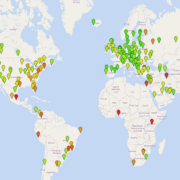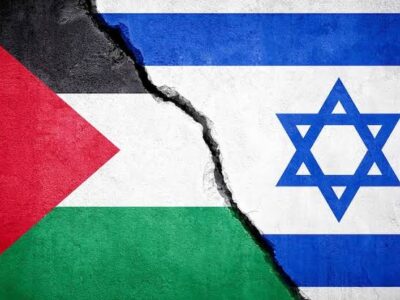London, February 21, 2025—The Institute for Economics & Peace’s latest Global Peace Index (GPI) for 2024 has ranked Iceland as the world’s most peaceful country, followed by Ireland, Austria, New Zealand, and Singapore in fifth place. The annual report, which assesses 163 countries representing 99.7% of the global population, measures peacefulness across three key domains: societal safety and security, the extent of ongoing domestic and international conflict, and the degree of militarization.
Iceland’s top ranking reflects its low crime rates, minimal militarization, and harmonious relations with neighboring countries. At the same time, Singapore’s fifth-place position highlights its stringent legal system, political stability, and effective governance, despite its urban density and strategic location in Southeast Asia. Other nations in the top 10 include Switzerland, Portugal, Denmark, Slovenia, and Malaysia, showcasing a mix of European and Asian countries known for their safety and stability.
The GPI, now in its 18th year, uses 23 qualitative and quantitative indicators from respected sources to evaluate peacefulness, offering a comprehensive snapshot of global stability. However, the report also notes a concerning 6% deterioration in global peace over the past 16 years, with growing inequality between the most and least peaceful nations. Countries like Yemen, Sudan, and Afghanistan rank at the bottom, grappling with ongoing conflicts and insecurity.
Interestingly, the GPI’s findings contrast with the World Happiness Report 2024, which measures subjective well-being and satisfaction. While peaceful nations like Iceland and Denmark often rank highly in happiness, others, such as Singapore, may score lower due to factors like economic pressures or cultural differences in assessing well-being. This disparity underscores the distinct metrics used by the two indices peace focusing on safety and stability, and happiness emphasizing social support, income, and life satisfaction.
The GPI’s insights are widely used by international bodies like the United Nations to guide peacekeeping efforts and resource allocation in conflict-prone regions. As global tensions persist, the 2024 report serves as a reminder of the importance of fostering peace through strong governance, low corruption, and harmonious international relations a model exemplified by the top-ranking countries on this year’s list.














